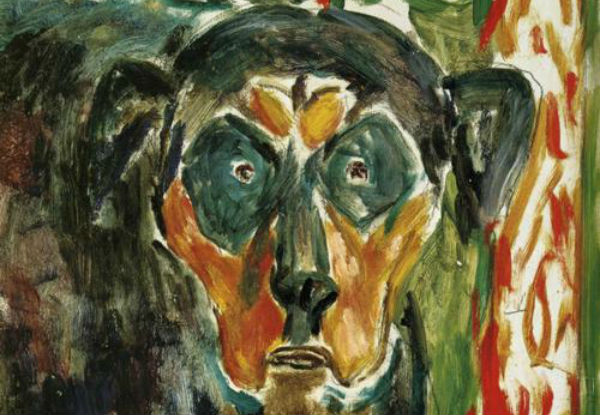
ESTATE PLANNING CAN PROTECT BELOVED PETS While pets are still legally considered possessions, they are also recognized as family members deserving of a safe and happy future, says a recent article from The Record-Courier, “Estate planning for pets.”
Estate planning for pets involves creating provisions for the pets’ care and well-being if their owner becomes incapacitated or after the owner’s passing. The goal of estate planning for pets is to be sure that they will receive the same level of care, attention and resources they enjoyed even if their owner is unable or alive to care for them.
Estate planning for pets involves more than securing funds for their care. It requires a complete plan to protect their future, from designating caregivers, addressing specific needs, habits, preferences, daily routines, and personality quirks, considering any legal or financial issues and planning for alternate solutions if the primary plan becomes unattainable.
The more details addressed in the estate plan for the pet, the better protected they will be.
Designating a guardian for the pet is usually the most important step. This is the person you want to care for the pet and probably bring the pet into their home. It is critical to have a detailed conversation with the potential guardian to ensure that they understand what they are being asked to do and ensure they can and are willing to follow your wishes.
You should have one or even two backup guardians, if the primary guardian becomes unable or unwilling to serve. The estate plan should also prepare for a situation where no designated people can care for the pet and provide an alternate solution, such as placing the pet in a no-kill shelter or charging the trustee with finding a good home.
Designation of sufficient funds is also necessary. Consider how long the pet is likely to live, the cost of veterinary care in your community, and any emergency care.
Different legal documents are used to prepare estate plans addressing care for a pet. A pet trust is a legally recognized document, with funds set aside for the pet’s care in the trust, managed by the trustee by the terms of the trust. You can also use provisions in your last will and testament, with a designated individual nominated to care for the pet. However, the trust is more enforceable, with the trustee having a fiduciary obligation to carry out the terms of the trust.
Estate planning with pets in mind is a responsible way to ensure that your beloved animal companions have a secure future even if you cannot provide it for them. Your estate planning attorney will be able to create a pet trust to alleviate any concerns about your pet’s future.
Schedule your phone meeting: THE LAW OFFICES OF CLAUDE S. SMITH, III
ESTATE PLANNING CAN PROTECT BELOVED PETS
Reference: The Record-Courier (Oct. 21, 2023) “Estate planning for pets”
Legal problems are extremely stressful, especially when your family, your health, or your freedom are at stake. At this point in time, you may not even be sure what kinds of questions you need to ask a lawyer, but that’s entirely normal. Whether your situation involves family law, estate planning, elder law, a criminal charge, or a personal injury, we will start by giving you all the information you need.
The way we see it, you deserve to get this information directly from an expert. That’s why we make it easy for you to get in touch with your lawyer, and we never ask you to sit down with a paralegal or assistant instead.
As our relationship continues, we will keep you updated about the status of your case every step of the way. Your lawyer will reach out regularly to tell you about any new developments, and he will also be happy to answer any questions you have throughout the process.
